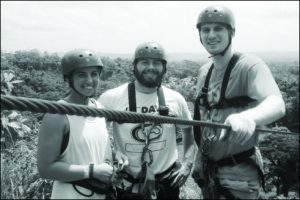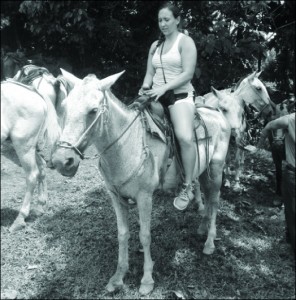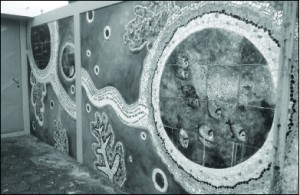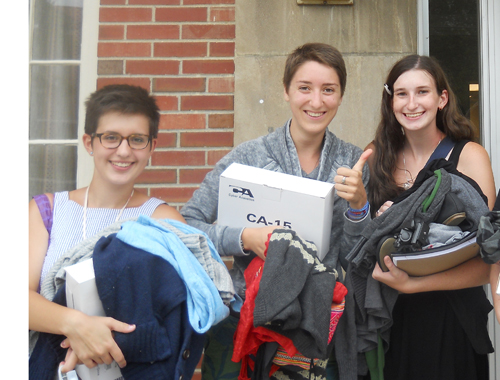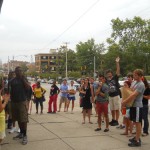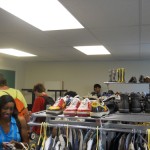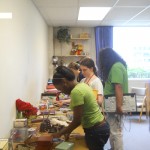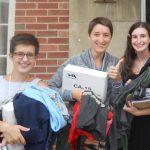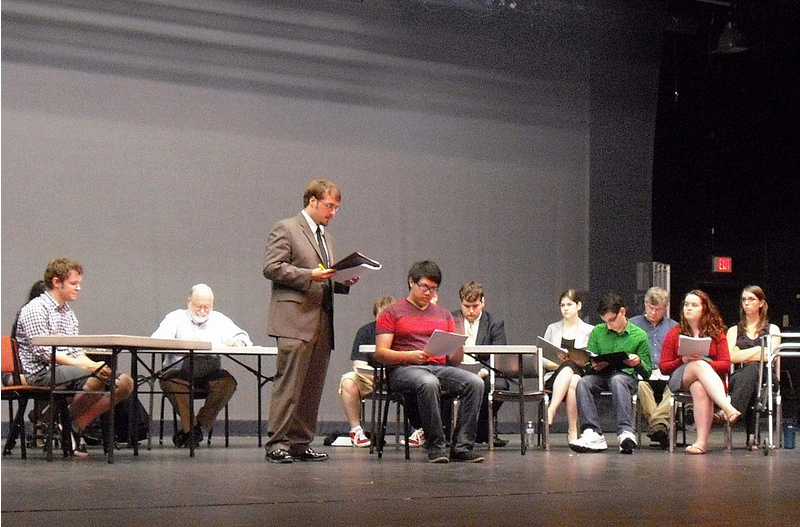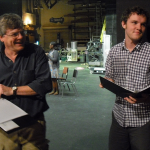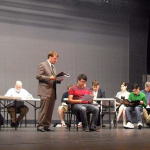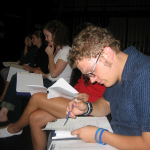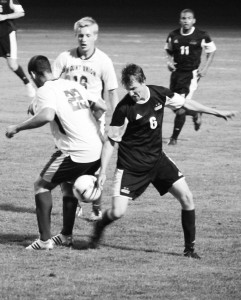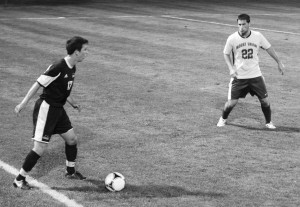By Suzanne Samin
Arts & Entertainment Editor
The theater shooting in Aurora, Colo. was a tragedy that snuck up on me in a rather unexpected and emotional way.
It kept me up at night; I couldn’t sleep.
I didn’t know anyone there. Honestly, I would not have heard of the incident as soon as I did if the New York Times had not pushed an alert to my phone.
Colorado, to me, was a far away state that looked nothing, and felt nothing like New York, my home.
It was so far away in my mind, that when I heard about the people who had died, and the maniacal painted man who had killed them in what seemed like a Halloween prank gone horribly wrong, it all felt like a dream.
In some ways, I’m sure the people affected more directly felt similarly –- but in their case it became a dream they could never wake from. It would always be all too real.
Before the dust even settled on Aurora, there was a shooting at a Sikh temple in Wisconsin, and then another in New York City, then another at a school in Florida, and then schools in Illinois and Maryland.
As I read story after story about these incidents, I remembered the tragic incident at a school in Chardon, Ohio from some months back.
In nearly every region of the United States there are people whose lives have been damaged irreparably by what, in some cases, appears to be almost purposeless violence.
To say that gun-related violence, especially in schools, has become an alarming trend in our country as of late is a pretty substantial understatement.
People seem content chalking it all up to “psychos,” and not long after Aurora, people started going back to their local movie theaters.
When I finally saw The Dark Knight Rises, I remember sitting in my seat, unable to enjoy the movie. I was nervous and sad.
All I could do was wonder what I would have done had I been in their shoes. What if it happens again? Where will I be?
In the days after the initial Aurora and Wisconsin shootings, up until now, I have heard politician after politician, and even some of my friends say that this upcoming election would not be the time to discuss gun control.
They said it’s “too soon,” or would detract from more important issues — like the economy.
I, however, cannot imagine a better time.
We have, for many years, been conflicted as a nation about regulation of the second amendment – or the right to bear arms.
While guns are definitely very effective instruments for protection and hunting, how do we protect ourselves from people with less mundane intentions?
It is a massive conundrum with even more massive implications no matter what we change – if we change anything at all.
Whether we, as a nation, decide to place more emphasis on thorough screening before issuing permits, or even if we were to decide to get rid of guns altogether, it would only benefit the illegal arms trade that happens so casually on our streets every day.
Were we to abolish guns, how would we make sure people have adequate personal protection?
How would we provide food for those who must hunt to survive?
Were we to keep them, how do we ensure that history will not repeat itself in the form of more acts of violence?
Furthermore, how do we ensure people like James Holmes do not get their hands on guns?
These are hard questions to answer, but if anyone should have to answer them, I think it ought to be those who are vying to lead our country.
Something must be done because whatever we are doing is obviously, and tragically, not working.
Something must be done because it doesn’t always boil down to a random act of violence. Sometimes there are targets.
The shooting at the Sikh temple in Wisconsin was, by no means, random. These people were targeted erroneously as Muslims for some strange and twisted kind of revenge for the war on terror.
However that does not draw away from the fact that a religious group of any kind was targeted for a mass shooting in this country – which was formed originally, if you remember, on religious freedom and equality.
Something must be done because there are shootings, such as Columbine and Chardon, where students, many of whom are children, single out other children deliberately, and kill whoever else gets in the way or is in the wrong place at the wrong time.
Something must be done because there are shootings that are perpetrated by people who are supposed to protect others.
On Aug. 24 in front of the Empire State Building in New York City, bullets fired during a confrontation between a disgruntled man and his coworker killed two people and injured another ten.
All of these bullets, save for the one that killed the coworker, were fired by the police.
Just a couple of months earlier, on June 14, a young woman, who was unarmed, was shot in the head by a police officer in Brooklyn after running three red lights and crashing her car, which, while serious, does not warrant murder.
Thinking about all of these incidents has led me to question if we, as Americans, are significantly less responsible than we give ourselves credit for.
Are we truly responsible enough to allow every adult civilian to own a gun?
Do we have the resources to regulate such a freedom?
Can we really ever guarantee that someone will not use a gun for evil?
I would very much like to know what our presidential candidates have to say on this matter.
In fact, I demand these answers.
The difference between politicians like Romney and Obama, and people like us, who hear these things on the news, read them in the papers or receive phone calls letting them know that someone they love has been hurt, is that this issue did not sneak up on them in the night.
This issue has been something many people before them have labored on with little to no avail.
As major players in our political system, these two men and their vice presidents have no excuse to be uninformed about these important issues.
Furthermore, they have no excuse to ignore them during this election season.
Given these facts, I strongly hope to see what steps our potential future leaders decide to take in establishing a firm stance on gun control in their respective platforms.
It is time to talk.

